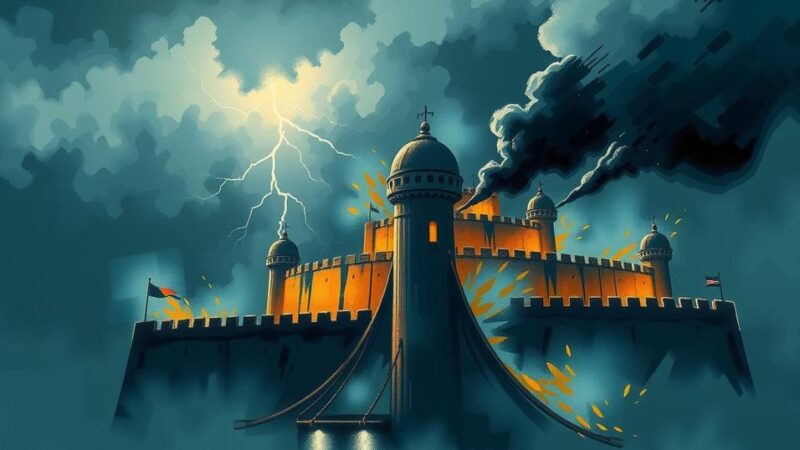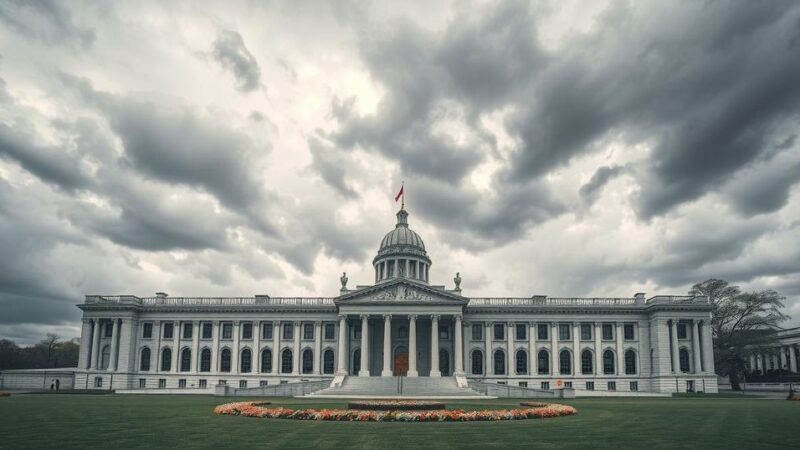Chris Mutsvangwa’s remarks have sparked controversy in Zimbabwe by criticizing the Zimbabwe National Army and questioning government leadership. His comments could undermine military morale and public trust in governmental institutions, revealing potential internal conflicts within the ruling party. The backlash indicates serious implications for political stability and national pride.
The remarks made by Chris Mutsvangwa, a member of Zimbabwe’s ZANU-PF party, have elicited considerable controversy. In a recent audio recording, he appears to undermine the Zimbabwe National Army (ZNA) while raising doubts about the government’s integrity. Such statements underscore the precarious nature of Zimbabwe’s political climate and the complex dynamics involving the military’s role.
Mutsvangwa criticized the ZNA, declaring it less formidable and asserting that the South African Army is the strongest in the region. This assertion is seen as an affront, particularly by veterans and active military personnel who feel disrespected. His comments risk instigating humiliation among those dedicated to serving their country.
Furthermore, Mutsvangwa’s questioning of the Vice President’s leadership complicates the situation. By casting doubt on governmental authority, he may erode public trust, posing a significant threat in a nation already marred by political upheaval. Historical precedents demonstrate that such dissent can incite unrest, potentially destabilizing both the ruling party and Zimbabwe’s political environment at large.
In addressing the removal of former President Robert Mugabe, Mutsvangwa’s remarks suggest underlying dissatisfaction with the current political framework, indicating a possible divide within the government. This internal strife could severely hinder governance and stability if factions continue to develop within the ruling party.
The backlash against Mutsvangwa has been immediate, with critics arguing that his statements could damage the morale of the ZNA and the government’s reputation. In a context where military service commands significant respect, questioning the ZNA’s capabilities is perceived by many as a betrayal, potentially alienating loyal citizens who served on behalf of their country.
Overall, Chris Mutsvangwa’s recent comments have provoked vital discussions about loyalty, governance, and national pride in Zimbabwe. His statements have ignited outrage among military personnel and veterans, simultaneously revealing fractures within the ruling party.
Chris Mutsvangwa’s controversial remarks raise profound questions regarding loyalty to the state, governmental stability, and perceptions of the military in Zimbabwe. As dissent unfolds, it is evident that his assertions could have long-lasting repercussions on the public’s confidence in government institutions and the political landscape at large. The swift backlash signifies the delicate balance within the country, especially as internal divisions threaten both governance and national unity.
Original Source: www.zimeye.net






